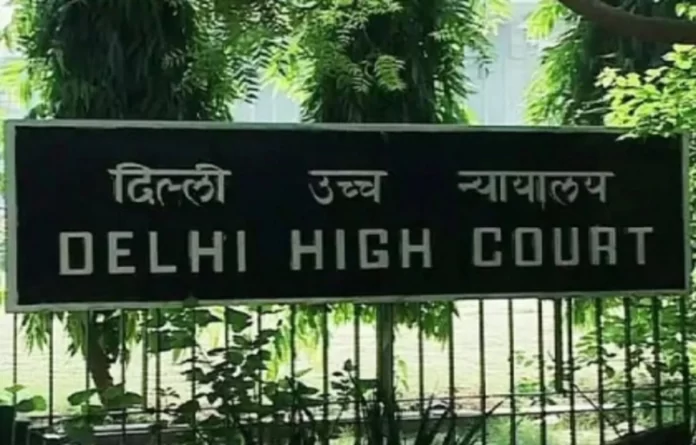A PIL (Public Interest Litigation) has been lodged in the Delhi High Court seeking direction to the central government to constitute a Legal Education Commission on Tuesday.
The plea has sought to constitute an LEC similar to the Medical Education Commission comprising retired judges, law professors and lawyers to ascertain the feasibility of a four-year Bachelor of Law course like BTech.
The plea lodged by Ashwini Kumar Upadhyay, a practising lawyer and BJP leader stated that the court may also direct the Bar Council of India to constitute an expert committee of Retired Judges, jurist and educationists to examine the coherence of five years’ Bachelor of Law Course with new education policy 2020.
The plea also sought directions to the Expert Committee to prepare a report on the essentiality of a BA, BBA, or BCom before BLaw, which is also a graduation course. The plea underlined that the new education policy 2020 promotes four-year graduation courses but BCI has neither reviewed the five-year BA-LLB nor started the four-year B-Law to date.
It added that BTech through IIT takes 4 years of non-superfluous education and that too in a specified field of engineering whereas BA-LLB or BBA-LLB through the NLU and various other affiliated colleges consumes 5 years of a student’s precious life while providing knowledge of Arts/Commerce, an unrelated and superfluous stream. Therefore, the existing five-year course is manifestly arbitrary and irrational, it remarked.
The PIL asserted that the lengthy and exorbitant course is disincentivizing students from pursuing law. It mentioned that the extraordinary and poor students are rather pursuing engineering, civil services or other courses and the annual fees of a five-year course are comparatively greater than that of a four-year course.
The plea claimed that a four-year law course will be better equipped for the young generation. It further alleged that the present five-year BLaw has been designed for extracting money and the most egregious part is that such dirty work is being done in the name of education. It argued that a five-year course is no benchmark for judging the legal expertise of any student.


